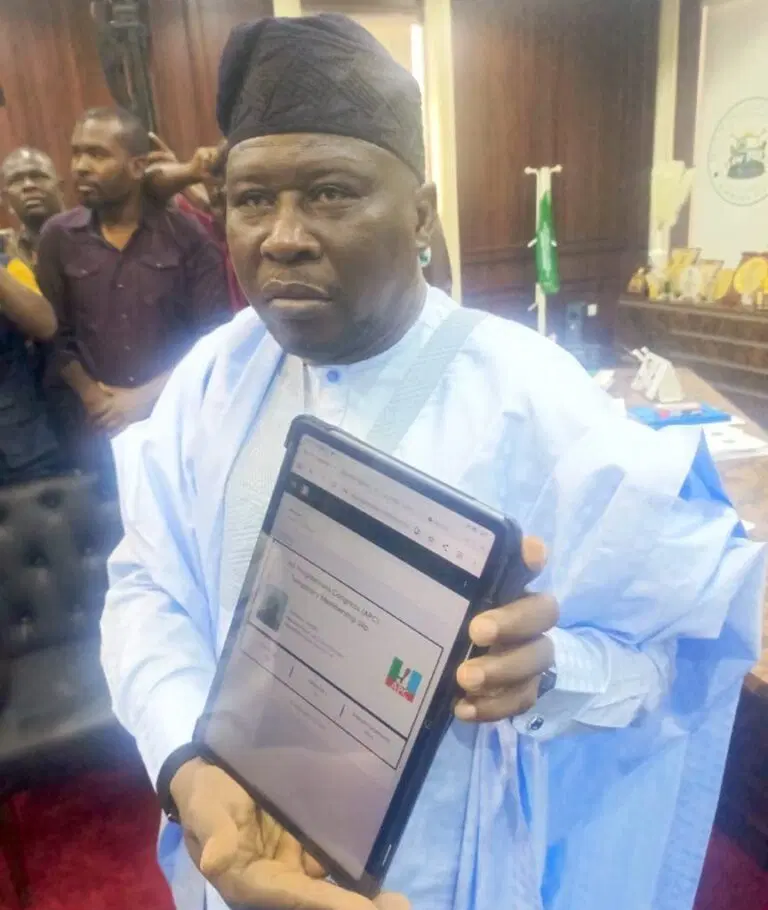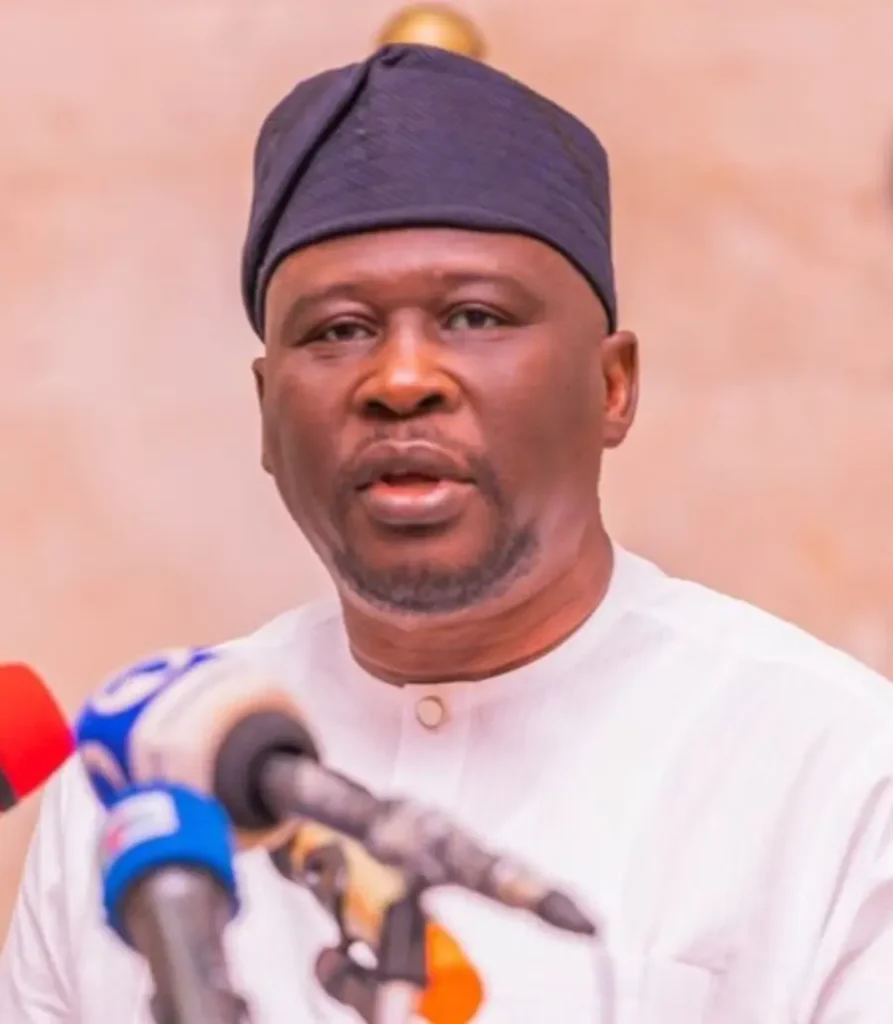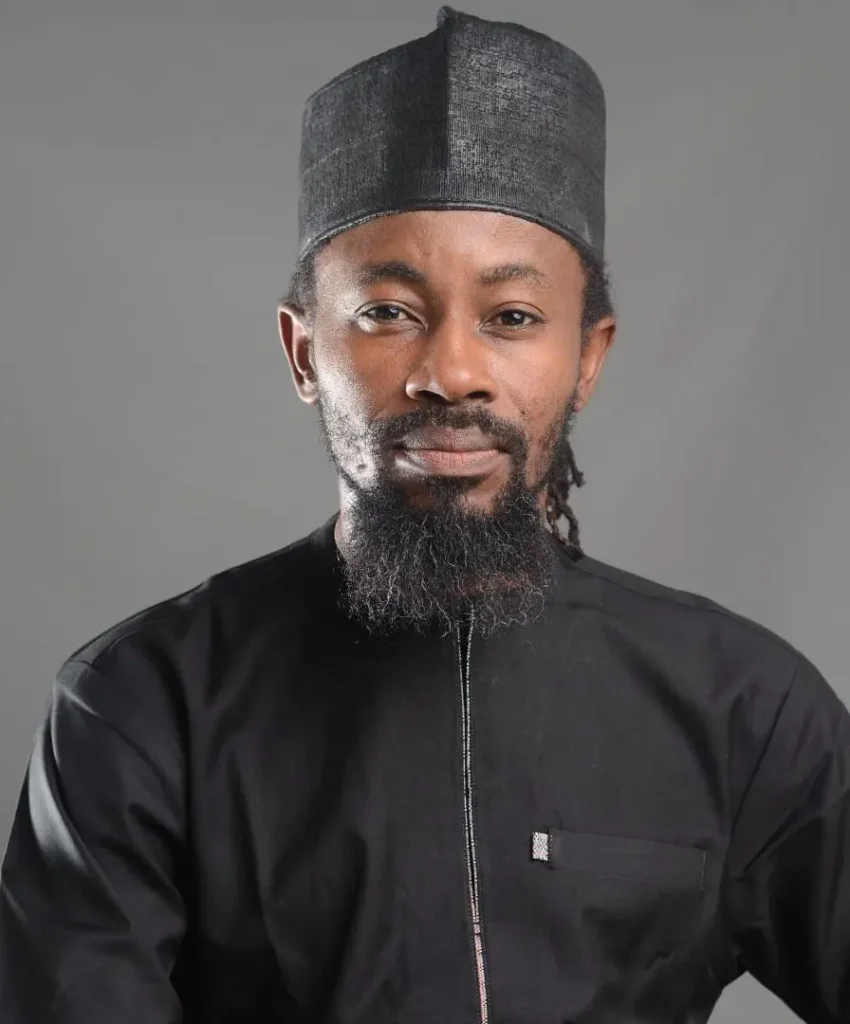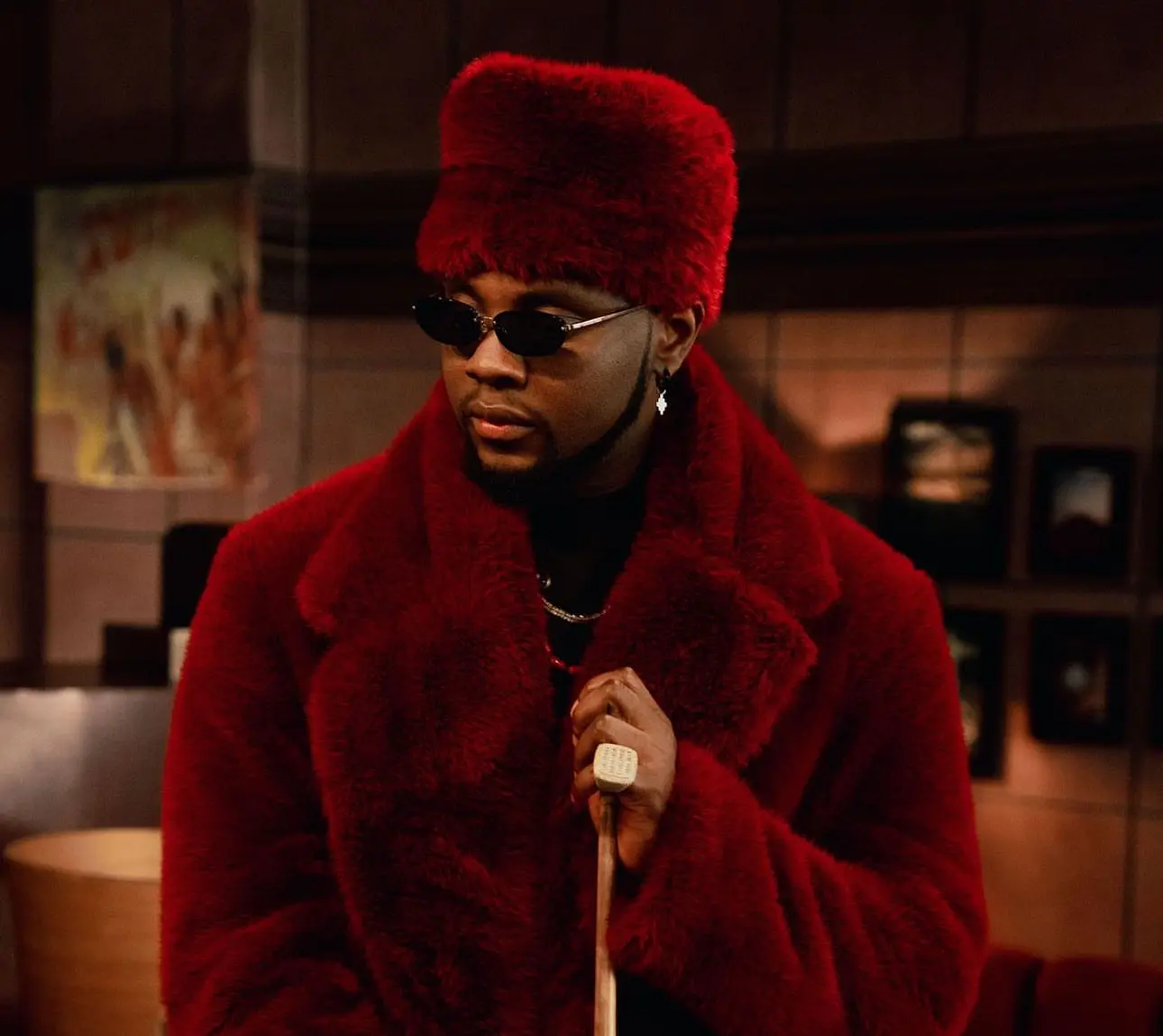Now Reading: “I Was Naive, I’m Sorry” – El-Rufai’s Son Publicly Begs Jonathan, Praises Ex-President’s Leadership
-
01
“I Was Naive, I’m Sorry” – El-Rufai’s Son Publicly Begs Jonathan, Praises Ex-President’s Leadership
“I Was Naive, I’m Sorry” – El-Rufai’s Son Publicly Begs Jonathan, Praises Ex-President’s Leadership
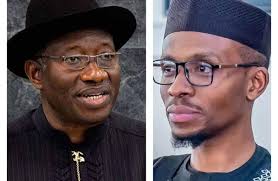
Bello El-Rufai, son of former Kaduna State governor Nasir El-Rufai and current House of Representatives member for Kaduna North, has made a stunning admission—publicly apologizing to former President Goodluck Jonathan for his past criticism. Speaking on Channels Television’s Politics Today on Thursday, June 12, 2025, the young lawmaker described his previous stance as “naivety” and confessed to misjudging Jonathan’s leadership.
The lawmaker narrated a defining moment when he found out his father was heading to visit Jonathan for political consultations. That moment, he said, opened his eyes to the maturity, humility, and statesmanship that Jonathan displayed during and after his time in office. “When my father said he was going to see President Jonathan, I paused,” Bello recalled. “I used to be so active in criticising him, but that day I told my dad to please tell him I’m very sorry—I am wiser now.”
Bello praised Jonathan’s decision to concede defeat in the 2015 presidential election, describing it as a rare act of democratic maturity in Africa. “It takes a lot, especially in this continent, to lose an election and walk away with dignity. He did that. That alone makes him a statesman,” Bello said on the live program, earning widespread attention across political circles.
The El-Rufai family was known for its vocal criticism of Jonathan’s administration between 2010 and 2015, especially after former Governor Namadi Sambo—El-Rufai’s political rival—was appointed Vice President. At the time, Bello was one of many young voices on social media fiercely opposing Jonathan’s presidency, aligning with the then-emerging All Progressives Congress (APC).
Despite the political divide, Bello admitted he now sees Nigeria’s past governance under Jonathan through a different lens. He lamented that many young Nigerians, like himself at the time, were caught in political echo chambers and lacked the full perspective needed to assess leadership on merit rather than party lines.
Analysts say Bello El-Rufai’s public apology is significant amid Nigeria’s growing calls for political maturity and reconciliation. It also comes at a time when citizens are openly comparing past and present governments on issues like security, economy, and civil liberties. Bello’s comments could mark a subtle generational shift within Nigeria’s political elite.
Jonathan, who remains a respected figure internationally, has not publicly responded to Bello’s apology. However, sources close to the former president told media outlets that he welcomed the gesture as “a sign of democratic growth and national healing.”
